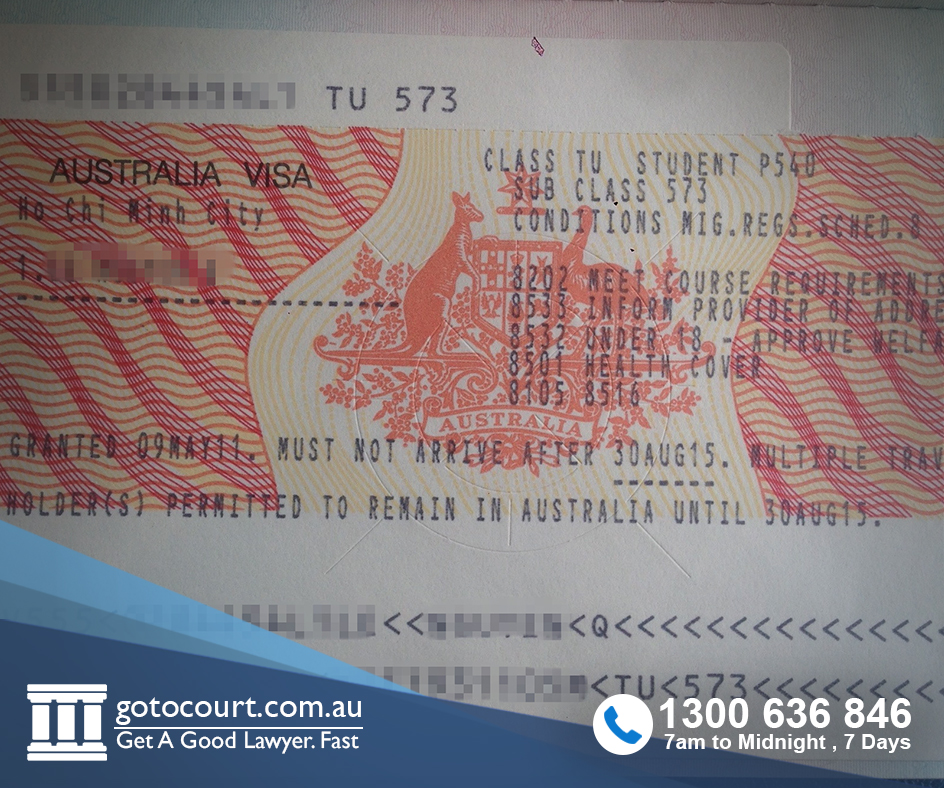Judicial Review of Migration Cases
Judicial review of migration decisions is a process undertaken by the federal courts. It involves the court examining the lawfulness of a migration decision made by a decision-maker, usually the Administrative Appeals Tribunal or an inferior court.
Judicial review is typically used to remedy errors of law which affect the authority of the decision-maker to make the decision. It is a process that allows the courts to supervise the Tribunal and lower courts, and protect against these bodies making decisions outside of their authority.
Legislation
The High Court of Australia draws the power to judicially review decisions from the Commonwealth of Australia Constitution Act (the Australian Constitution). The powers of the Federal Circuit and the Federal Courts to conduct judicial reviews of migration cases are delegated by the High Court.
The Federal Circuit Court must follow the rules of procedure in the Federal Circuit Court Rules 2001 and the Federal Court of Australia is bound by the Federal Court of Australia Act 1976 when dealing with judicial review of migration cases.
As migration cases are reviews of decisions made under the Migration Act 1958, the federal courts are bound by it as well. Part 8 of the Migration Act 1958 specifically limits judicial review, stating that most decisions under the Migration Act cannot be reviewed, challenged, or appealed by any court. However, the High Court of Australia has the power to review decisions under the Australian Constitution and therefore has determined that decisions made under the Migration Act 1958 can still be reviewed, but only under limited circumstances.
Grounds for judicial review
For a judicial review application to be successful, the court must be convinced that there was an error of law regarding the jurisdiction of the decision in question. If the court agrees that there was a jurisdictional error, the court will consider the decision to be legally invalid.
There must be a jurisdictional error made in the decision
Because Part 8 to the Migration Act 1958 limits judicial review of migration decisions, the High Court of Australia determined that migration decisions can only be brought to court if there was a jurisdictional error. The decision-maker’s error must have been both legal in nature and relate to the core power of that decision-maker’s ability to make the decision (their jurisdiction).
What constitutes a jurisdictional error?
Determining whether a decision is affected by a jurisdictional error is a complex process. The High Court tried to make it easier in its unanimous decision in Craig v South Australia (1995) 184 CLR 163.
In that case their Honours determined that the following are examples where the court could consider there to be a jurisdictional error:
- Failure on the Tribunal to ensure the procedure is fair. This can be raised as an argument when you have not been given the chance to understand or respond to adverse information relied upon by the decision-maker. In this situation, the adverse information must not have come from you but from another, completely separate source;
- Failure to apply the right legal principles or visa criteria. This can occur when the Tribunal fails to take into account things that they must as a matter of law in order to carry out the decision;
- The decision was based on non-existent evidence or a circumstance which gives rise to the decision-maker’s power does not exist. This is what is referred to as a “jurisdictional fact”; and
- The decision was unreasonable because it was irrational or illogical.
Cases where you believe the decision-maker was wrong because of a finding of fact, did not find your evidence credible or failed to give sufficient weight to the evidence are not considered jurisdictional errors.
What outcomes can be expected from judicial review?
If you believe a jurisdictional error has arisen in your migration case, you can appeal against the decision by lodging an application for appeal to the Federal Circuit Court. If you are unhappy with the Federal Circuit Court’s decision and there are sufficient legal merits to your case, you can continue to appeal to the Federal Court and then to the High Court of Australia.
If the court decides a jurisdictional error has been made by the decision-maker, the court will rule that the original decision is void. As a result of this, the court will return the matter to the original decision-maker. This could be the Administrative Appeals Tribunal where it will reconsider the decision.
If it is necessary and due to the circumstances of the case the court can prevent the Minister of Immigration from enforcing the original decision and implementing any subsequent measures. For example, the court can prevent the Minister from removing you from Australia.









